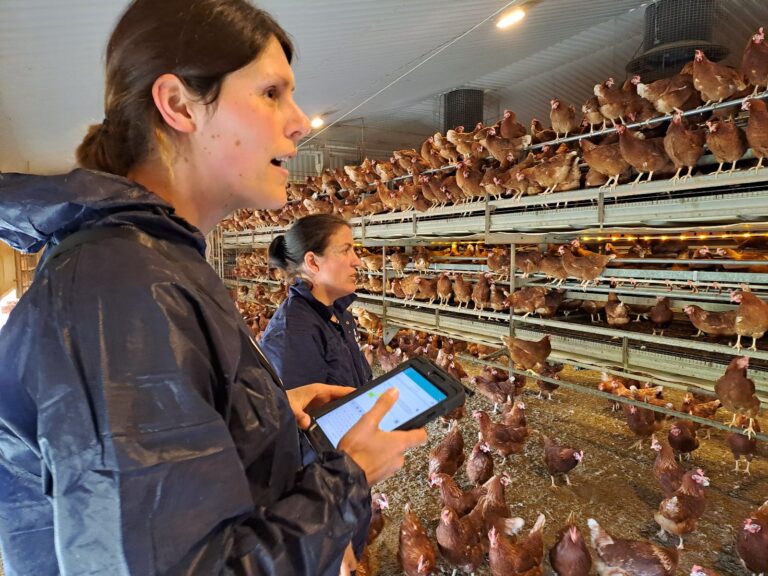RSPCA Assured has released a number of updates and clarifications to the new RSPCA laying hen welfare standards, following ongoing engagement with scheme members and the industry.
Earlier this year, RSPCA Assured paused the implementation date of the new RSPCA laying hen welfare standards to allow time to provide increased support to its members.
Over the last few months, the RSPCA and RSPCA Assured have met with both scheme members and industry representatives to better understand the challenges and help them find practical solutions.
Kelly Grellier, RSPCA Assured’s chief commercial officer, said: “The strength of feeling and feedback on the new standards has been unprecedented. Our members are fundamental in helping us improve hen welfare, and we have listened and taken action.
“We’ve made a number of amendments and clarifications to the standards. We hope these amendments will alleviate concerns and provide greater support to our members so they can achieve the new standards.”
The amendments have been made in direct response to concerns raised by both RSPCA Assured members and the laying hen industry.
They include key changes such as:
Extending the general implementation date for the standards to 1 May 2025. This means members can continue to use the current 2017 version until 1 May 2025.
Extending the implementation date for natural daylight for all systems by one year – from 2031 to 2032. This will give members seven years from the date of implementation to meet the new standards.
Committing to commissioning an independent researcher to develop in-depth case studies from farms which are already achieving 3% natural daylight – and those that are working towards it. Case studies will be made available as soon as each one is completed.
The laying hen industry has also started the process for commissioning research in this area and have submitted an initial proposal to the RSPCA and RSPCA Assured for review. Whilst the RSPCA’s commitment to the natural daylight standard will remain the same – along with the implementation date of 2032, if the research is scientifically robust and delivers meaningful results that everyone can have confidence in, the RSPCA and RSPCA Assured will commit to taking due account of this and use the research to further influence the natural daylight standard if needed.
A summary of the changes RSPCA Assured shared with their members can be found on the RSPCA Assured website.
Grellier added: “Our specialist farming engagement team is also on hand to give in-person support to those who need it.
“We will continue to talk to our members and the industry about the new standards – and review how we can improve communication when developing new standards in the future.”


